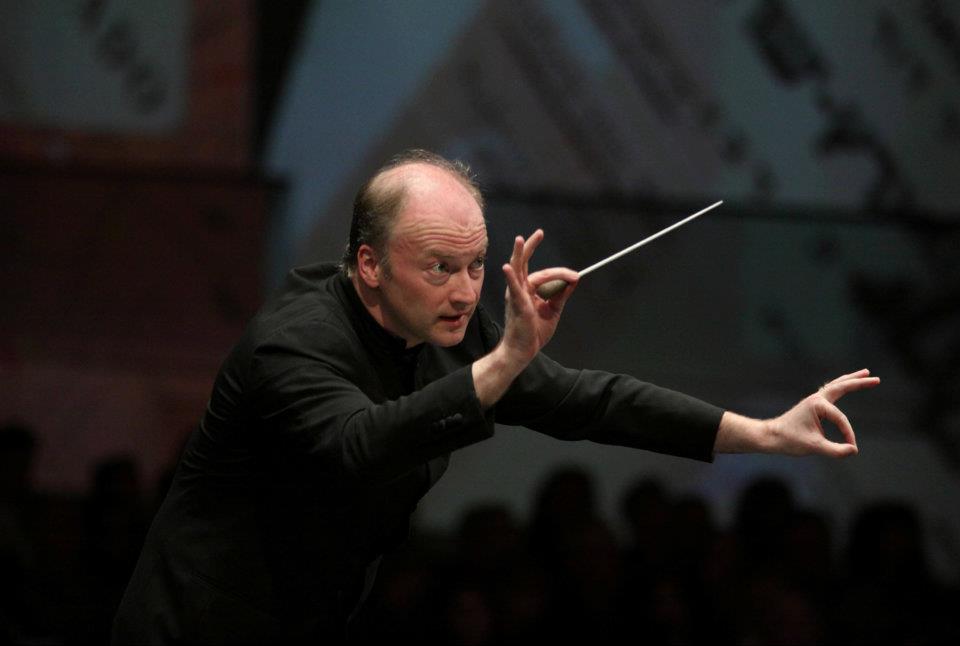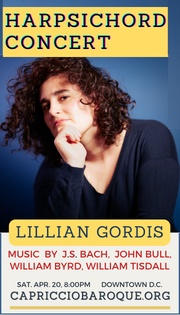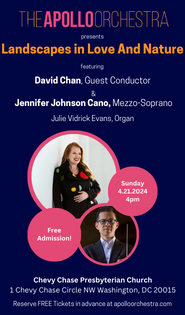Noseda’s inaugural American program with NSO proves a mixed bag

Gianandrea Noseda led the National Symphony Orchestra in an American program Thursday night.
Every four years the city of Washington shuts down for the inauguration of a new president, but the music goes on.
Next fall Gianandrea Noseda will have his own “inauguration” as the new music director of the National Symphony Orchestra. The Italian conductor took the podium of his new ensemble for a final guest appearance this week, predictably in a program of American music, heard at the first performance on Thursday evening, shortly after the president-elect’s inauguration eve concert at the Lincoln Memorial.
The Kennedy Center is marking the 100th anniversary of President Kennedy’s birth this coming May. The second half opened with the Fanfare for the Inauguration of John F. Kennedy, composed by Leonard Bernstein for Kennedy’s inauguration eve gala concert in 1961. It is a trifle, over in less than a minute when Bernstein seemed to run out of ideas and wrote a major chord, leaving the orchestration for Sid Ramin to complete. The NSO played the piece for the first time at a concert in 2011, celebrating the 50th anniversary of Kennedy’s inauguration. It did not need to be repeated.
It was a curious way to honor President Kennedy, playing the suite from John Williams’ score for the 1991 film JFK, which trades in highly dubious conspiracy theories. The playing of the NSO was polished, beginning with the elegiac trumpet solo by principal William Gerlach. Williams powered the music for the “Motorcade” sequence with tense snare drum, dissonant string clouds, and looming brass, providing a nefarious tinge to Stone’s recasting of the facts of the assassination. As he often does, Williams turned to a lush all-strings texture for the “Arlington sequence,” beautifully played by the NSO strings.
Oddly the NSO also played another John William suite, from the music for Steven Spielberg’s Lincoln, paired with Aaron Copland’s Lincoln Portrait. The juxtaposition was apt, as Williams took many stylistic cues for this score from Copland’s elegiac work. In form the selection of pieces was similar to that for JFK, with a misty-eyed trumpet solo and an all-string conclusion. Instead of the unsettled dissonance, though, pianist Lisa Emenheiser and concertmaster Nurit Bar-Josef convincingly led sections of folk-style Americana.
Composed in the wake of the Pearl Harbor attack, Copland’s Lincoln Portrait is not great music. In his send-up of the piece, Peter Schickele showed that the style is quite easy to imitate and that it can give faux solemnity to even the most ridiculous words. Noseda, who claimed in pre-concert remarks that he was getting to know this program of American music for the first time, kept the tempos crisp and unyielding. The musicians handled the admittedly corny minstrel song snippets (“Camptown Races” among others) with sincerity, and actress Phylicia Rashad, who was Mrs. Huxtable on The Cosby Show, brought dignity to the narration. She got ahead of herself at one point, trying to speak over one of the loud sections that are supposed to come between the spoken portions, but a subtle gesture from Noseda put her back on track.
George Gershwin’s Rhapsody in Blue, in the orchestration by Ferdinand Grofé, was the somewhat conventional conclusion to the evening. On the solo part pianist Jon Kimura Parker was effective without being distinctive, outshone by aptly jazzy, semi-improvisatory solos from clarinet, trumpet (assistant principal Steven Hendrickson this time), and trombone.
Parker took considerable rhythmic freedom in the unaccompanied sections, often slowing down to a crawl and then speeding back up in an often repeated gesture. Noseda wrung maximum energy from the final fast section, calling for the violins to keep their incisive melodic line taut and percussive like something out of Stravinsky.
The most poignant moment of the evening came first, with a heartfelt rendition of Stravinsky’s eclectic arrangement of The Star-Spangled Banner. Stravinsky, a recent immigrant to the United States because he was fleeing war, reharmonized the tune that had been the official national anthem of his adopted country for only about a decade. Offended by the changes, a police squad forced Stravinsky and the Boston Symphony Orchestra not to play his version at subsequent concerts after the work’s premiere. So much for President Kennedy’s admonishment that “in free society art does not belong to the spheres of polemic and ideology.”
The program will be repeated 3 p.m. Sunday. kennedy-center.org/calendar/event/NRCSG; 202-467-4600. Medici.tv will also broadcast the second performance, the NSO’s first collaboration with the online streaming service.






